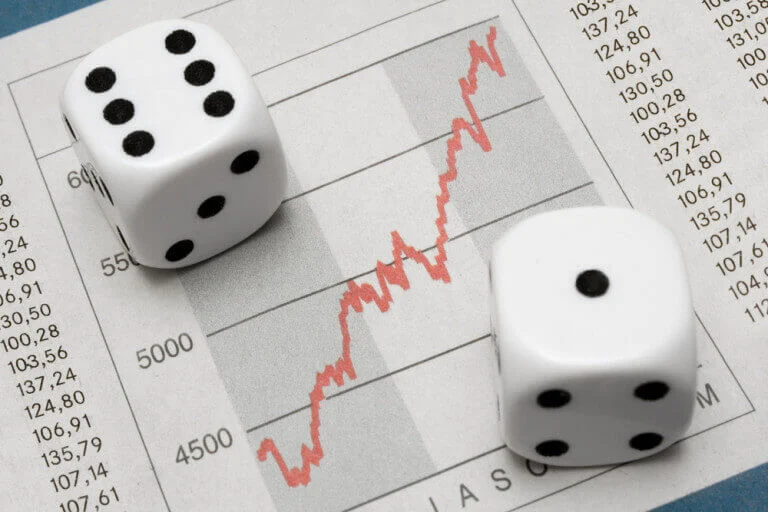
Investing and gambling may appear similar at first glance; however, intelligent long-term investing differs significantly due to providing positive expected returns while gambling does not.
Investment offers ownership stakes that allow for dividends and capital appreciation; gambling does not provide these advantages.
Investing is a long-term process
Many individuals become confused between investing and gambling, although both involve risk. While both involve risk, investing is typically undertaken over a longer-term timeframe through research and discipline while gambling requires quick decisions based solely on luck – offering less of an opportunity to lose than investing does.
Gambling activities typically last only seconds (for scratch tickets and electronic gambling machines) or minutes (when playing bingo and other forms of chance-based entertainment). Conversely, investing involves more extensive time frames – months or years when investing in equity funds – providing ownership over assets.
Investors tend to diversify their portfolios to help reduce risk. But if you’re gambling on an unproven idea with high odds of failure – such as buying meme stocks – rather than being well researched or investigated first, gambling may be closer than investing. Buying meme stocks, for instance, should not be seen as investing but more as speculation that’s driven by herd mentality than true investing.
Investing is risky
Many people may conflate investing and gambling because both involve risky investments with hopes for potential returns in the form of returns in the form of capital appreciation over time. However, there are distinct differences between them; gambling involves zero sum games while investing creates wealth; additionally gambling usually has short time horizons while investing has longer term commitments.
For one to be considered an investor, decisions must be based on extensive research and an understanding of your risk tolerance and goals. Some investors can become too easily influenced by popular news sources or tips or rumors without doing their own research, leading to speculation – the equivalent of gambling.
Investing in stocks can feel more like gambling than saving when not properly diversified, and buying hot stocks may incur transaction fees that could hinder savings goals. Furthermore, gamblers tend to make decisions driven by fear of missing out while investing requires discipline and research.
Investing is based on trends
Investing is an excellent way to expand your savings beyond what banks and saving accounts offer in terms of interest rates. While investing can involve risk, history has demonstrated its success when employed properly over time. Successful investing involves purchasing assets or creating them, taking a long-term approach and being patient as you create or purchase them – typically this requires patience, knowledge and a diversified portfolio – with higher concentration increasing risk exposure.
People often mistake gambling and investing for one another, yet the differences between the two can be critical. Chance is the primary difference; gambling lies at one extreme on a chance/certainty scale while investing lies somewhere in between. Without proper research conducted beforehand, speculation often falls closer to gambling than investing; for instance buying shares in countries experiencing poor economic conditions can be seen as risky due to fluctuating stock prices leading to huge potential losses.
Investing is based on knowledge
Many scholars have extensively studied the attributes that distinguish gambling, speculation and investing. Some key distinctions include activities and instruments used, time frame, level of risk involved, expected return expectations (positive or negative) and role of chance vs skill. When done right, investing can take several months or years before returns are realized whereas speculation and gambling typically involve shorter timelines with quick moves between transactions.
Investment and gambling differ due to knowledge; while one is generally viewed as long-term while the other involves short-term risk taking and requires immediate returns, investments often include buying GICs, government or corporate bonds and company shares which have positive expected returns over time. Gambling includes activities like scratch tickets, bingo, horse racing and sports betting as well as private bets through electronic gambling machines as well as casino table games such as poker and blackjack – it may even extend online gaming and frequent stock trading activities!








